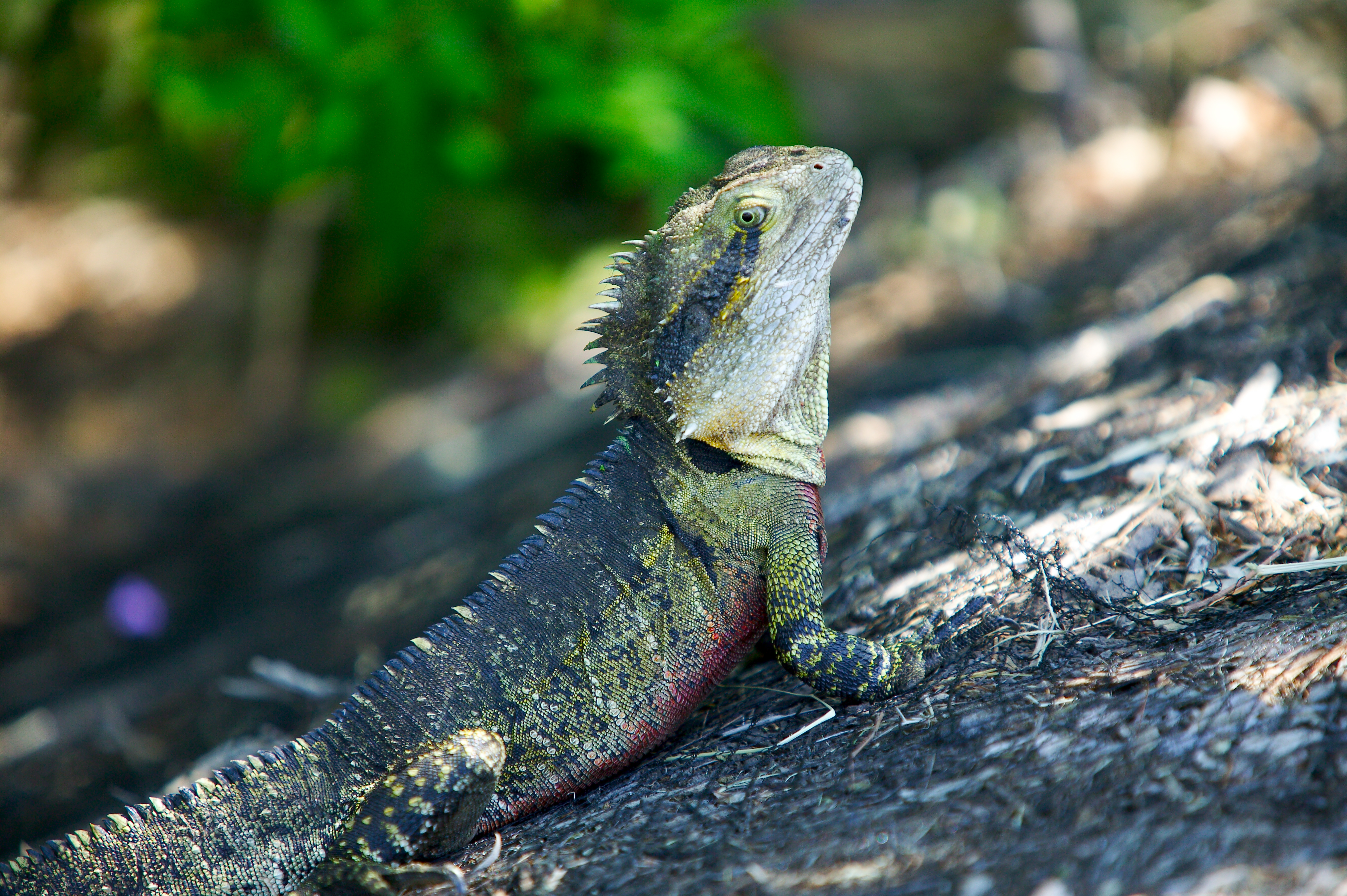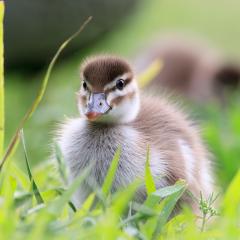 UQ doesn’t just have a staff and a student population—it’s also got a thriving wildlife population. St Lucia, Gatton, the UQ Experimental Mine and the Heron Island Research station all feature a diversity of native creatures, from birds and mammals to insects and reptiles—not to mention plants and fungi—and biodiversity is one of UQ’s key sustainability commitments.
UQ doesn’t just have a staff and a student population—it’s also got a thriving wildlife population. St Lucia, Gatton, the UQ Experimental Mine and the Heron Island Research station all feature a diversity of native creatures, from birds and mammals to insects and reptiles—not to mention plants and fungi—and biodiversity is one of UQ’s key sustainability commitments.
According to the Australian Bureau of Statistics (ABS), Australia is one of the most biodiverse countries in the world. In fact, just 17 countries are collectively home to two-thirds of the world’s biodiversity, and Australia is one of them: The Wilderness Society reports that 92% of our vascular plants are endemic, as our 83% of our mammals, 89% of our reptiles and 45% of our birds.
From both an economic and an environmental perspective, biodiversity is essential—put simply, it enables life on earth. In Australia, it’s also incredibly valuable to our economy—the ABS notes that in 2006‒07 alone, tourism and fishing in the Great Barrier Reef Marine Park—just one of our many World Heritage Sites—was worth $5.4 billion.
But our biodiversity is declining, and it’ll continue to do so without our help. Sadly, according to the ABS, Australia has undergone the biggest documented biodiversity decline of any continent over the last 200 years.
Thankfully, there are plenty of ways we can turn this around. Australia now has a Biodiversity Conservation Strategy 2010‒2030, which identifies three national priorities for action:
- engaging Australians in biodiversity conservation
- building ecosystem resilience in a changing climate
- attaining measurable results.
While these are big-picture goals, we can all work towards helping achieve them. At UQ, two recent projects have provided homes to native birds, revegetated parts of campus and contributed to key field research aimed at enhancing biodiversity: the Riverbank Restoration project and the Bird Boxes project (undertaken with the Biodiversity Research Group).
On an individual level, here are some simple strategies you can employ when you’re on campus:
- don’t feed or bother the native wildlife
- don’t feed introduced wildlife, such as feral cats, which can disrupt the native wildlife population
- avoid littering, and put your rubbish in the right bin
volunteer in activities such as tree planting that help boost campus biodiversity.



